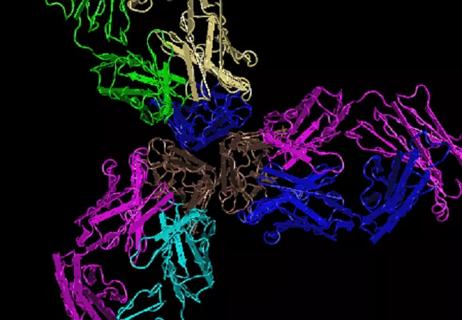Locations:

Underlying inflammation may cause higher rates of CV events

Results from an artificial intelligence model

Study further validates the role of biologics in improving outcomes

Management pearls from a new expert review
Advertisement
Cleveland Clinic is a non-profit academic medical center. Advertising on our site helps support our mission. We do not endorse non-Cleveland Clinic products or services. Policy

Too few patients assessed before undergoing biologic dose changes

Beyond bisphosphonates

Hepatitis B reactivation a concern
Advertisement
Advertisement